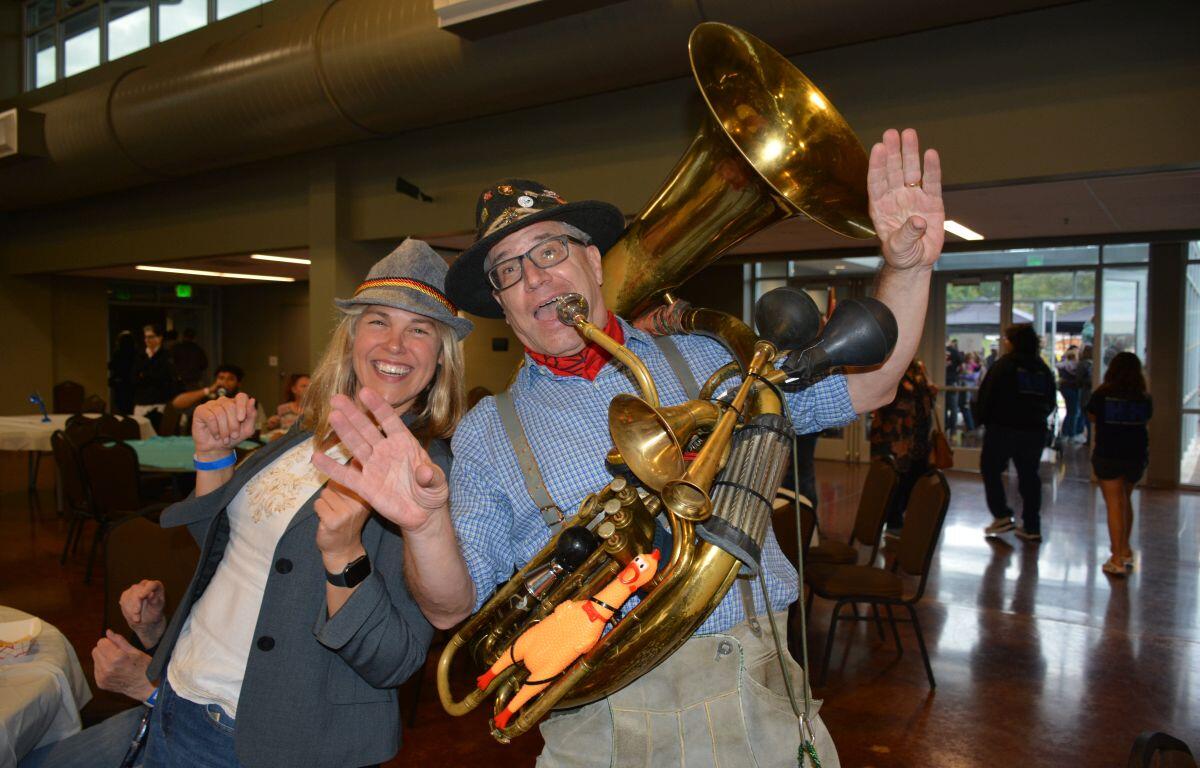Oktoberfest is a celebration that transcends geographical boundaries. Much like people in various pockets of the globe celebrate St. Patrick’s Day and Cinco de Mayo even if they have little or no connection to Ireland or Mexico, respectively, Bavarian heritage is not required for participation in Oktoberfest revelry. But how did it start, and where?
First, a bit of geography: Oktoberfest comes to us from Bavaria, which today is a state in southeast Germany. It includes the major cities of Munich and Nuremberg.
How Oktoberfest started
The first Oktoberfest occurred as part of a wedding. Kronprinz Ludwig of Bavaria, who later became King Ludwig I, was set to marry Princess Therese of Saxe-Hildburghausen on Oct. 12, 1810. The couple’s nuptials were deemed a cause for great celebration, and a horse race was held in their honor on Oct. 17.
The inspiration for the races and the subsequent celebration of Oktoberfest remains a topic of debate. But there’s no debating that Ludwig’s decision to invite the people of Munich to join in the festivities had a lasting effect, inspiring many of the city’s wealthiest residents to decorate the city. But even the less well-to-do joined in the celebrations.
In fact, according to Oktoberfest-guide.com, 32,065 buns; 3,922 pounds of swiss cheese; 400 kilos of mutton; 8,120 cervelat sausages; and 13,300 pairs of smoked sausage were distributed for free. Alcohol and music also featured prominently during the inaugural Oktoberfest, as 232 hectoliters of beer and four hectoliters of Austrian white wine were served during a celebration that also featured 150 musicians.
Pauses in the celebration
Though the festive atmosphere of Oktoberfest is known across the globe, the celebration in Bavaria has not been without its tragic moments. For example, Oktoberfest 1980 was shaken by a bomb that exploded at the festival entrance on Sept. 25. Thirteen people were killed and more than 200 were injured, and the bombing remains under investigation more than 40 years later.
World wars also affected the beloved festival, which was suspended between 1914 to 1918 due to World War I and then again from 1939 to 1945 due to World War II. The years immediately following both wars also featured toned down events that were not characterized as Oktoberfest but rather autumn celebrations.
Celebrations in 2020 and 2021 were canceled due to the COVID-19 pandemic.
Around the world, here at home
Oktoberfest remains a popular celebration more than 200 years after the inaugural event. Though devotees insist nothing can match the annual celebration in Munich, those who can’t make it to Germany can likely find some Oktoberfest festivities close to home, wherever that home happens to be.
Clarksville has held several Oktoberfest celebrations, sponsored on and off by various organizations and breweries. This year, there are Oktoberfest events at Fort Campbell by MWR, at Beachaven by Star Spangled Brewing, and at Fallen Brewery.
| DON’T MISS AN EVENT: For more Clarksville things to do, check out the Winter fun guide or the Clarksville Events calendar.


